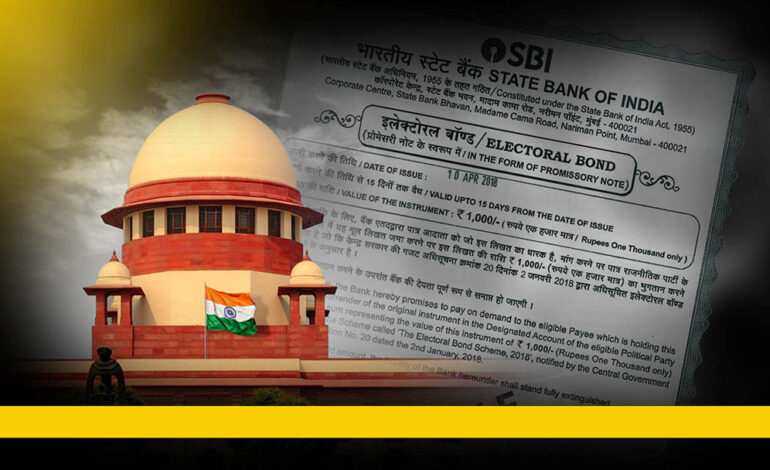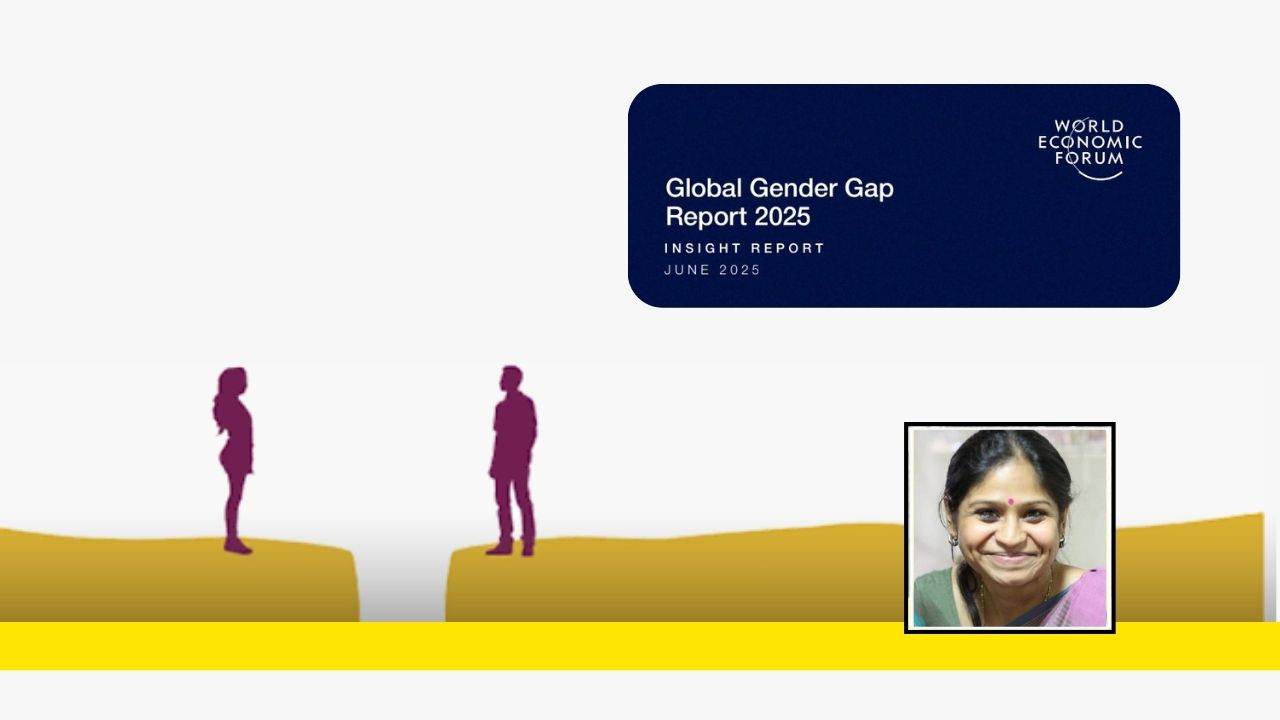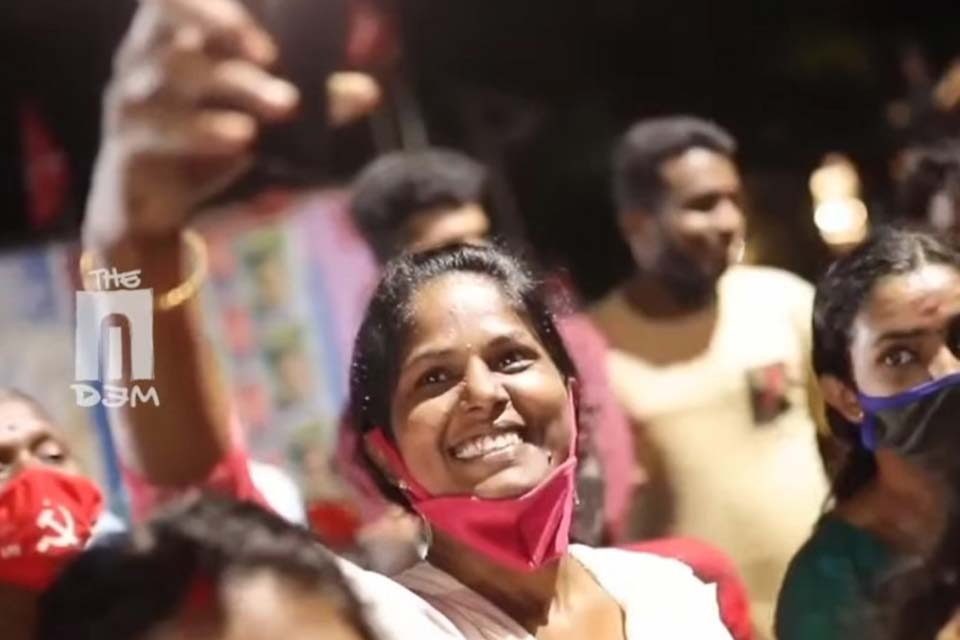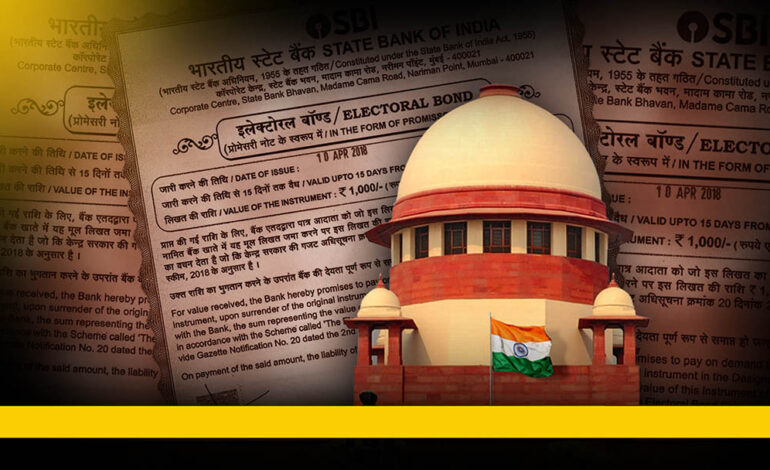
Written by Venkitesh Ramakrishnan and VM Deepa.
Delivering a verdict with far reaching political implications, the Supreme Court of India struck down the electoral bonds system, asserting that anonymous electoral bonds are violative of the right to information under Article 19(1)(a) of the Constitution. The judgement, pronounced by a constitution bench comprising Chief Justice DY Chandrachud, and Justices Sanjiv Khanna, BR Gavai, JB Pardiwala, and Manoj Misra, has come as a body blow the Narendra Modi led union government and the Bharatiya Janata Party (BJP), which heads the ministry, since the party was the biggest beneficiary of the electoral bond system.
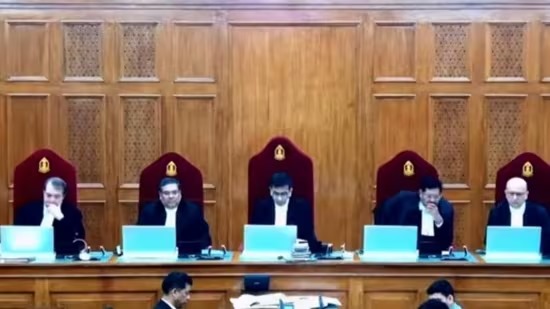
The judgement pointed out as follows. “At a primary level, political contributions give a seat at the table to contributors, i.e., it enhances access to legislators. This access also translates to influence over policy making. There is also a legitimate possibility that financial contributions to a political party would lead to quid pro quo arrangement because of the close nexus between money and politics. The electoral bond scheme and the impugned provisions to the extent that they infringe upon the right to information of the voter by anonymising contributions through electoral bonds are violative of Article 19(1)(a).” These observations of the court were all the more striking because the Government of India had argued in the court that “citizens do not have a general right to know regarding the funding of political parties.” It had also added that “Right to know is not a general right available to citizens”.
In continuation, the constitution bench also ordered the following. First and foremost it asked the bank issuing electoral bonds (the State Bank of India-SBI) to stop the process immediately. It also directed the SBI to submit the details of electoral bonds purchased since the interim order of the Court dated April 12, 2019 till date to the Election Commission of India. (ECI) The details shall include the date of purchase of each electoral bond, the name of the purchaser of the bond and the denomination of the electoral bond purchased. The bank was also directed to submit the details of the political parties which have received contributions through electoral bonds since the interim order dated April 12, 2019 till date to the ECI. SBI must disclose details of each electoral bonds encashed by the political parties, which shall include the date of encashment and the denomination of electoral bond. The court also fixed deadlines to the SBI and EC. SBI is to submit the information to the ECI by March and the ECI is to publish the information received from the SBI on its website by March 13, 2024.
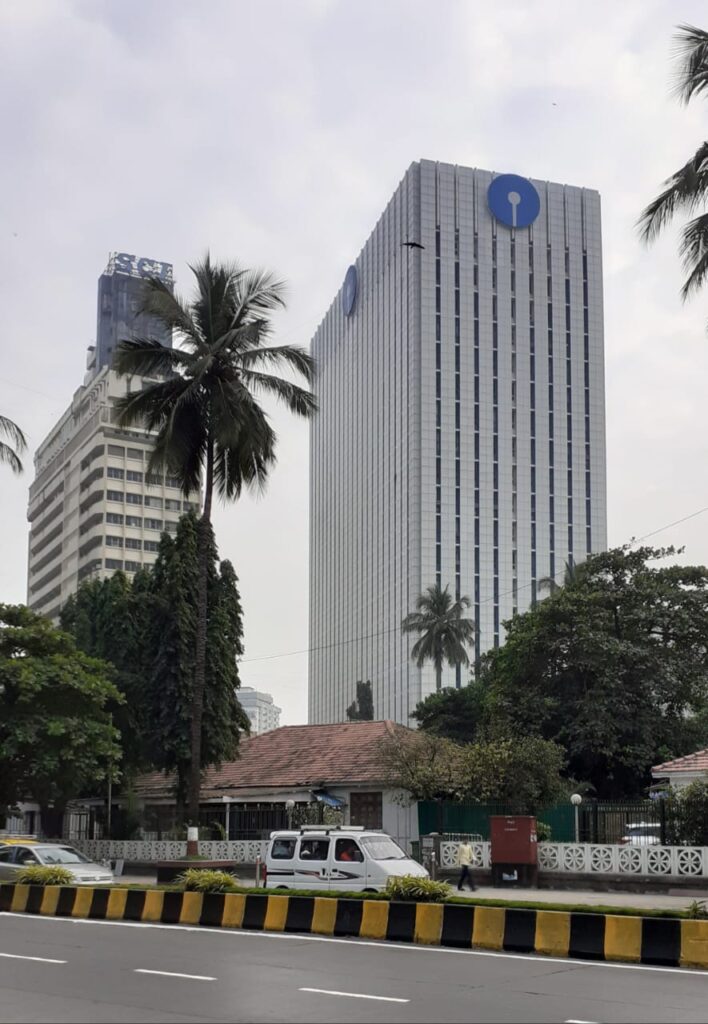
The manner in which the ruling party the centre (which is the BJP over the last ten years) has benefited from electoral bonds, which are anonymous, limitless and tax free, has been repeatedly highlighted. The following breakup of the bond donations to the BJP underscores how this benefit has worked.
In 2018 it was ₹210 crore and 2019 it jumped to ₹1,450 crore and in 2020 it bounced again to ₹2,555 crore. Over the last two years, it has been ₹1,033 crore (2022) and ₹1,294 crore (2023). Cumulatively, these account for more than 70 percent of the total donations received by political parties as a whole through this scheme.
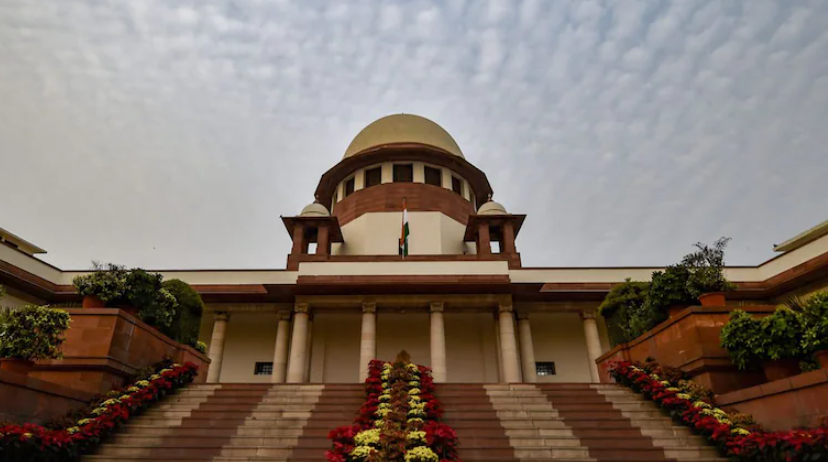
The scheme was introduced in the 2017-18 central budget. It was originally touted as something that would increase transparency in political funding. Following were the broad provisions highlighted when the scheme was introduced.
- An electoral bond is similar to a demand draft.
- The sole purpose of an electoral bond is to fund political parties.
- An electoral bond will have the name of the political party receiving donation on it.
- An electoral bond will not have the name of the donor on it.
- Any Indian citizen can buy electoral bonds.
- Any private, public, or one-person company based in India also can buy electoral bonds.
- No foreign company can buy electoral bonds.
- Indian subsidiaries of foreign companies can buy electoral bonds.
- Any political party that scored more than 1% votes in the previous Lok Sabha or state assembly election can receive donations through electoral bonds.
- All political parties must specify one SBI account to receive money through electoral bonds.
- The parties should also notify the Election Commission about this SBI account.
- The electoral bonds can be purchased in the ten day period in the beginning of each quarter- that is, 1-10 January, 1-10 April, 1-10 July, and 1-10 October.
- Electoral bonds can be purchased at 29 authorised SBI branches across India.
- Account holders with SBI as well as non-account holders can purchase EBs on supplying KYC details.
- Electoral bonds are issued in multiples of Rs 1000/-, Rs 10000/-, Rs 1 lakh, and Rs 1 Crore.
- EBs cannot be purchased using cash.
- Cheque or Digital payment has to be the payment mode.
- The KYC details of the buyers collected by the bank remain confidential.
- The electoral bond is physically handed over to the political party.
- Electoral bonds must be encashed within 15 days of receipt.
- The political parties can redeem the bonds only in authorised SBI accounts that are notified to the Election Commission.
- 348 electoral bonds are valued at Rs 1 Crore.
Several organisations and political parties such as the Association for Democratic Reforms (ADR), the Communist Party of India (Marxist), and Congress leader Jaya Thakur, had challenged the provisions of the scheme right from the time it was introduced. The main argument of the petitions given by these organisations centered around the voters’ right to information and it is exactly this contention that was upheld by the Apex Court.
Evidently, the judgement signifies a major setback for the BJP and the ruling regime, especially in a context where it is ripping apart many opposition parties by luring a number of top leaders of these party to their side. It remains to be seen how the BJP and the Modi regime would react to the verdict and its aftermath.



